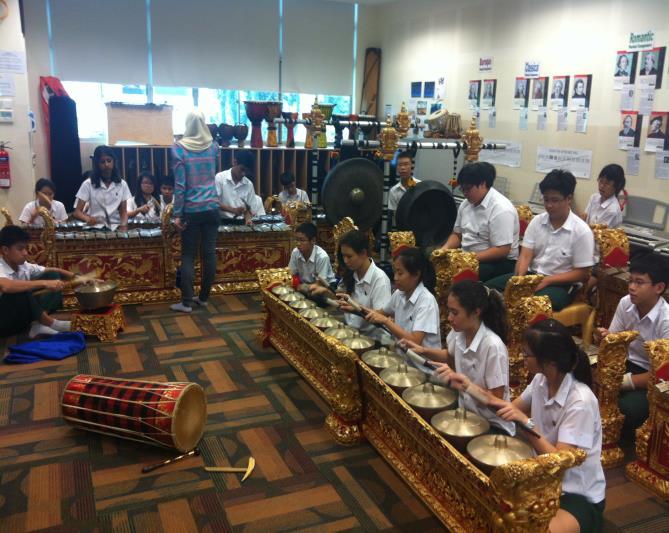
2 minute read
Wellbeing Education (WE
Wellbeing Education
What is the nature of Wellbeing Education in Grades 7 and 8?
Advertisement
Wellbeing Education gives students the opportunity to explore personal and social issues pertinent to their development as well as nurturing their awareness of national and global issues. We encourage students to examine their own values and beliefs, make connections between their lives and wider society and consider perspectives other than their own.
The aim of Wellbeing Education is to:
equip students with the tools to deal with issues that affect them allow students to engage with big questions about moving forward in life and how choices they make affect their life outcomes afford students the time to reflect on their place in their community from a local, national and global perspective and how they can be active citizens give students the knowledge and skills needed to lead healthy and responsible lives as confident individuals and members of society develop students’ interpersonal skills to foster healthy, positive friendships within and beyond the classroom
What is the approach to learning?
The whole curriculum is designed to link learning to life outside school and make connections between subjects and cross-curricular themes and dimensions. Utmost is the aim to provide a secure environment through which students can explore issues with openness and confidence. Activities are varied to cater for a wide range of learning styles but there is an emphasis on group discussion, presentations and rigorous debate. Students need to be active learners by participating in discussion and offering their views on personal and social and cultural issues. It is recommended that students broaden their knowledge of current affairs by regularly reading appropriate news media. Newspaper articles, web materials, video clips etc. are constantly sourced and modified by teachers to provide the students with up to date resources from the world around them.
What is the subject content?
The Wellbeing programme four main units of study: of study at SJII is based on our school ethos which is broken down into
Learning to Learn
Growth mind set, independent learning, research skills, recognising bias, reflection and self analysis
Learning to Live
Personal and social health and development People of Integrity 31
Decision making, values and virtues, cultural awareness, inclusion, recognising strengths, gratitude
People for Others
Positive purpose and meaning, global and local citizenship, communities and rights and responsibilities
The specific topics of study are modified yearly in accordance with world issues that arise as well as the particular needs of the year group. However, these can be broadly classified into the following:
Grade 7
Friendships (includes an anti-bullying module) Learning to learn (learning styles and study skills) Cyber wellness and responsible use of the internet Leadership and Teamwork skills Positive Body (looking after our bodies through exercise, sleep and avoidance of stress) Puberty (physical, social and emotional changes)
Grade 8
Healthy lifestyles (healthy eating) Puberty, building self-esteem, positive relationships Working as a team Character Strengths for Learning Rights and responsibilities and growing up
What is the nature of assessment?
Wellbeing is taught at Grades 7-10 for two periods per fortnight (1.2 hrs) but is not examined at IGCSE. The students are assessed through SJI International’s own continuous monitoring of student performance.



